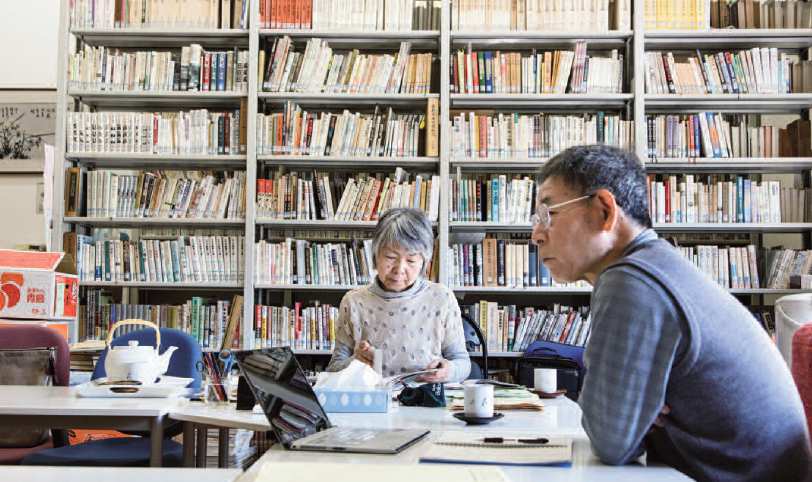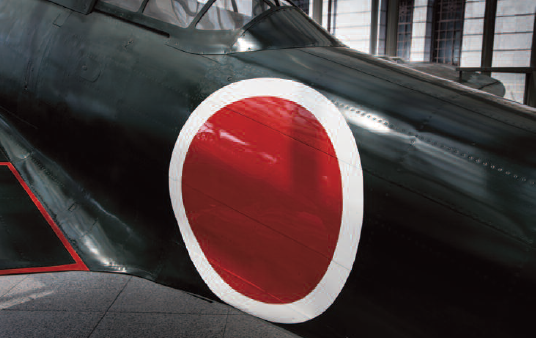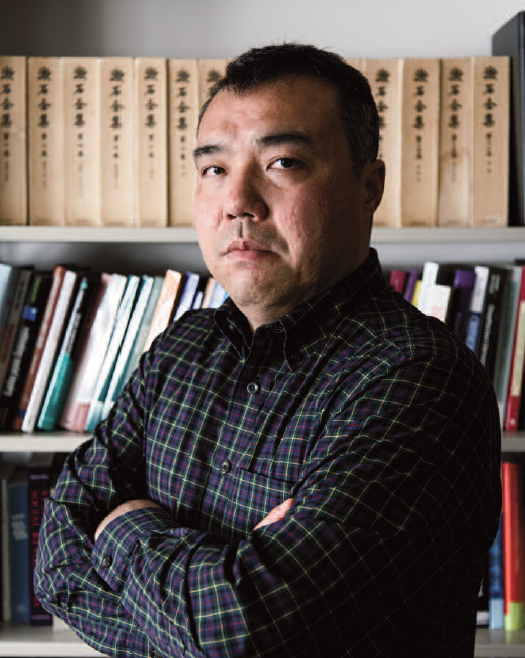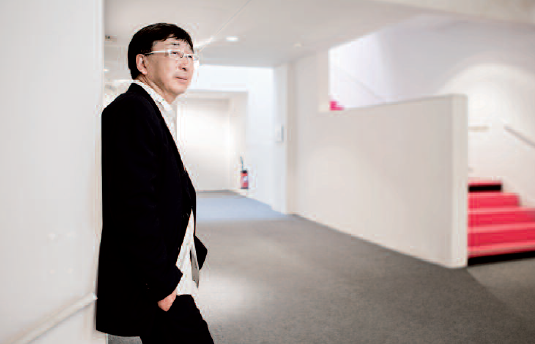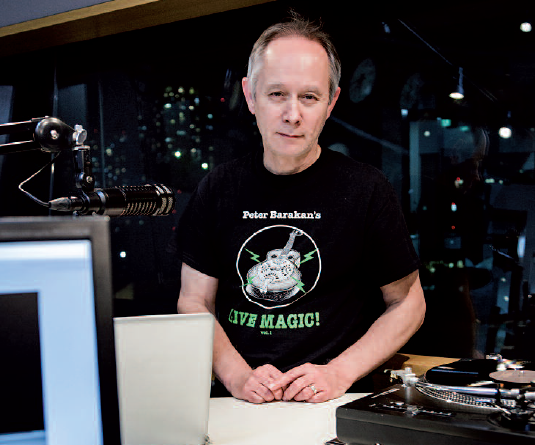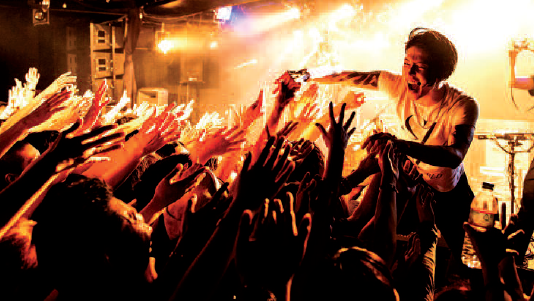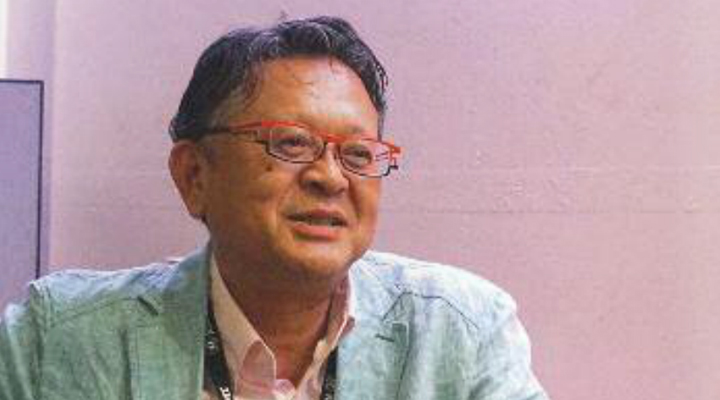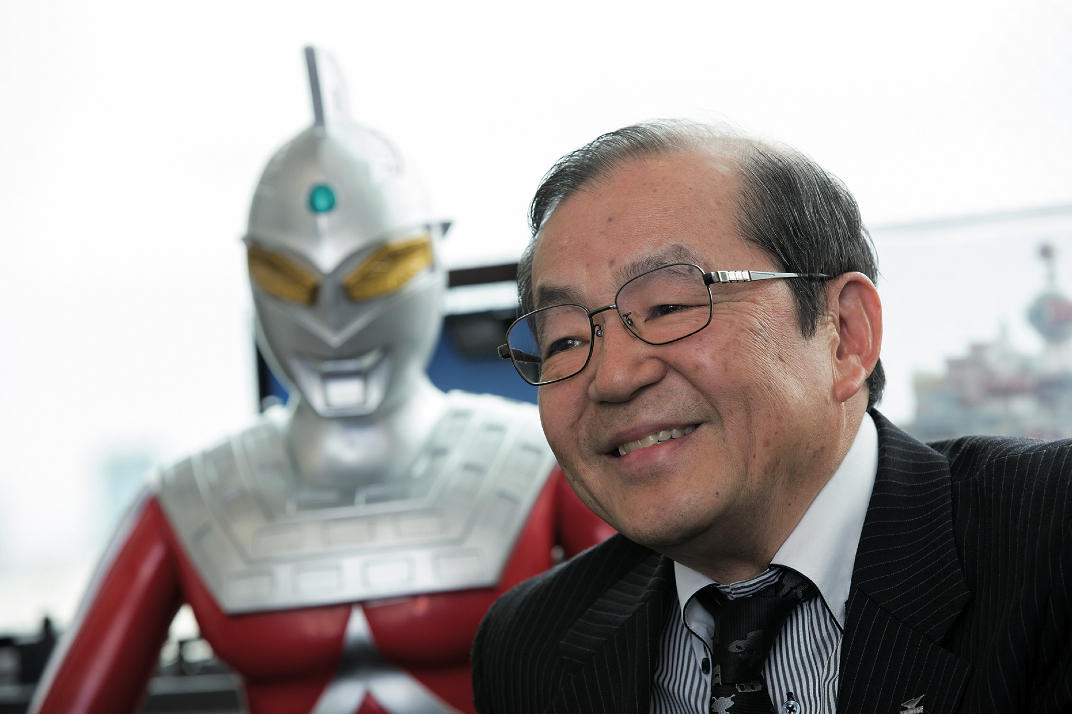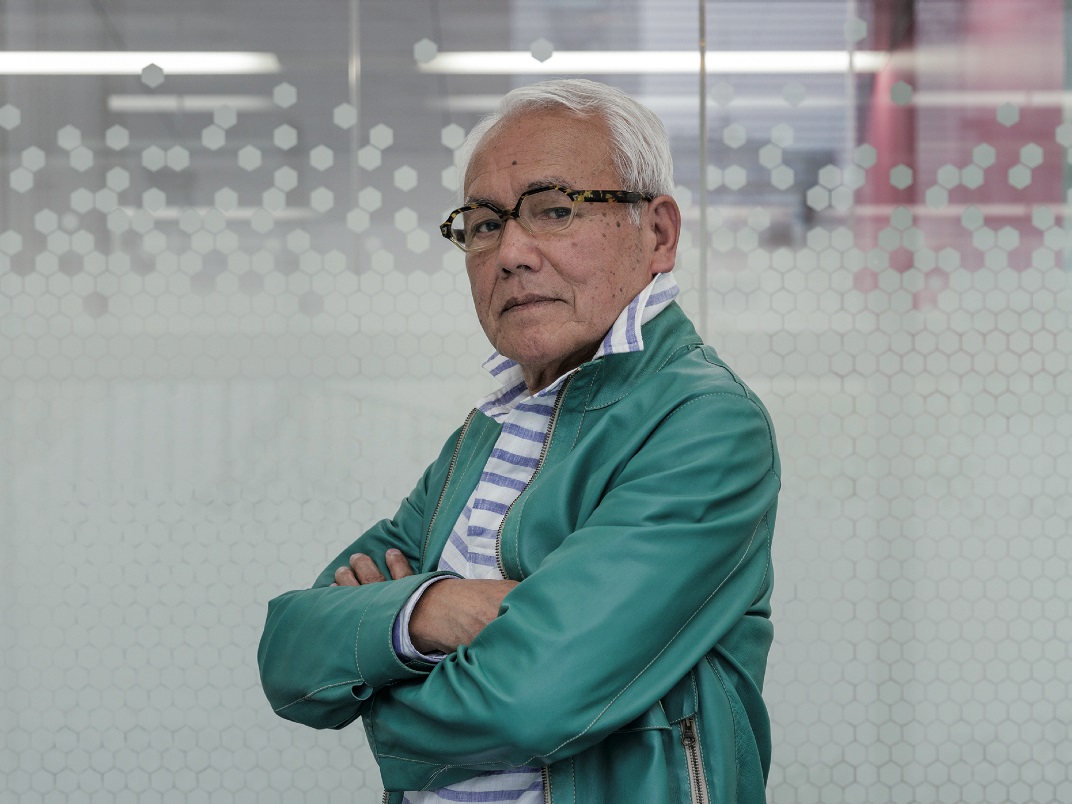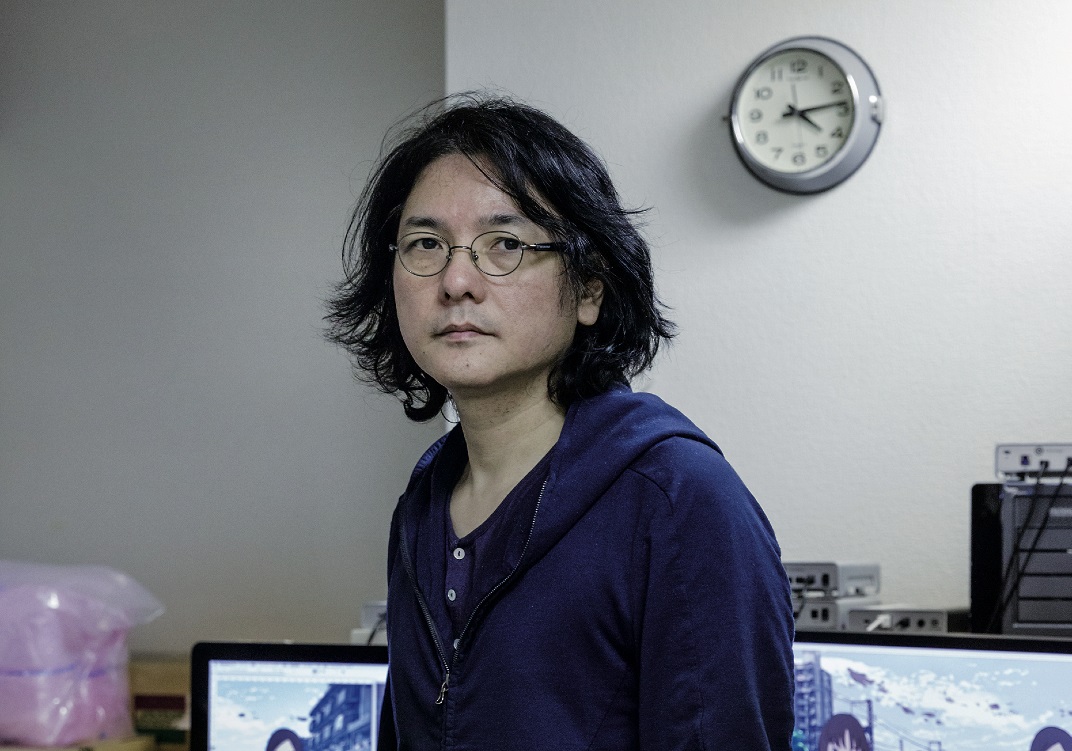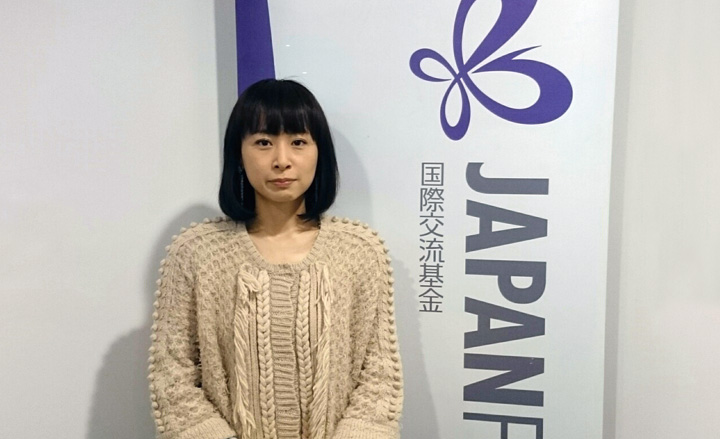
Zoom Japan met with director Tanada Yuki at the U.K. screening of her new film “The Cowards who Looked to the sky”.
We went to talk to director Tanada Yuki about the interesting episodes that occurred during the making of her new film “The Cowards Who Looked to the Sky”, shown at the 2016 screenings for the Japan Foundation’s annual Touring Film Programme.
So How did you come to make this picture then?
Tanada: It was really very unexpected. In the very beginning I was recommended the book by a friend. I read it and found it interesting, but thought that someone, somewhere would certainly already have the rights to a film adaptation. It was pretty much exactly as I was coming to the end of the book that I got a call from a producer at Toei Video called Mr. Sato, who was about to try and acquire the film rights, and he asked if I wanted to be a part of the project from the start. So my involvement was all very out of the blue.
The cast includes some truly talented actors and actresses, such as Nagayama Kento, Tabata Tomoko and Harada Mieko. Did you carry out the casting process yourself?
Tanada: It was probably more of a collaborative effort, with me consulting the producer on who would be suitable. We also had Kubota Masataka and others audition, and a number of the cast were found through those auditions.
Were there any interesting episodes in the making of the film or anything that was a particular struggle?
Tanada: One of the struggles came with the number of scenes we have that show the sky. We aimed to catch footage of cloudy skies, but there were so many days during the filming schedule when there was not a single cloud in sight. We finally managed to get all the sky footage we wanted to use, but there really were so many clear days. Normally you would be glad if it was nice weather outside, but that kind of cloudless sky would not quite fit for this film, so we were a little annoyed that the clouds would not come out for us. Then we had the birth scene, which was done pretty much the same as in the book. First of all we searched maternity wards for a woman who was about to give birth. We needed for it to be a boy that they were giving birth to, so that made it more difficult, but all the staff really tried so hard in that search and eventually we found someone. There happened to be this one doctor at the maternity hospital who was really helpful to us. He talked to all the expectant mothers they had in, and we found two who were scheduled to give birth just after we finished filming. They also happened to have scanned for the gender of the babies and both were expecting boys. So we went to meet with the mothers and their husbands to explain the film we were making and asked if they would be ok with us filming the delivery. They both agreed to filming, but with the first lady to give birth we were not able to be present in the delivery room for the birth itself. So the first boy to be born was the one who appeared in the scene where they are weighing the baby just after the birth and the scene in which Mr. Nagayama is looking at the baby. So then the second boy was going to be born and, again, we thought that it would probably be too much of a burden on the mother for us to be there for the birth itself. We met with the second couple and asked if we could be there anyway, even though we had pretty much resigned ourselves that it would probably be impossible, but they gladly agreed to cooperate. I was really surprised that they were willing to let a complete stranger be there for that moment, and it wasn’t just one person! With me, the cameraman and an assistant, it was going to be three people at the very least. So without the cooperation of those mothers who agreed to help, we really would not have been able to make the film. We were there ready with the camera and filming as the head came out, although of course it had to be the midwife who performed the actual delivery and we could not have Harada Mieko doing it for real, so we got the midwife to wear some of the same costume that Harada did in the rest of the film, and also had the midwife’s assistant wear Kajiwara Aki’s costume too. Fortunately they both fit in the costumes perfectly, which was a big help. So the real doctor was the one delivering the baby in the birth scene, but because they wore the same costume it actually does look like Harada Mieko is doing it. And that child really was born on the 1st of January! I have never had a New Year like it before and I don’t think I will ever spend one in that way again. It really did leave a big impression on me.
 Are there any films or directors that have had a particularly great influence on you?
Are there any films or directors that have had a particularly great influence on you?
Tanada: Well in terms of really amazing people who I would like to say I was influenced by, but who are just in another league, I really like Masumura Yasuzo, Naruse Mikio and Soumai Shinji. I want to be influenced by these three luminaries, but really just try to imitate them and wind up failing. I just love those three directors. Of course there are a lot of other directors that I love too, like Kurosawa Akira and Imamura Shohei, but I would definitely say those three if asked who I rate in particular. As for particular films, again, there are loads that I want to be influenced by but that are just too amazing for me. From Masuda there is The Blind Brute, which stars Midori Mako, and then from Naruse Mikio there is Floating Clouds. There are many films of Soumai Shinji’s that I particularly like, but if pressed then I would probably say Typhoon Club and The Catch.
How did you feel about the reactions of the British viewers at the screenings?
Tanada: They laughed at various points in the film, which surprised me. I often feel that outside of Japan the audiences have this desire to just enjoy a film for its own sake. And when they laugh, they are not just laughing in the places where there are misunderstandings, but, and probably especially with The Cowards who Looked to the Sky, they are putting themselves in the place of the characters and laughing along awkwardly at the situation. So from the impression I got, I think there is that aspect to how they laughed along at those bits as well. I want to do more screenings here in Britain.
There is a wide audience for Japanese cinema around the world, not just in Britain, but also in places like France as well. Would you be interested in doing screenings in other places too?
Tanada: I would like to do that too. As you would expect, the reactions are just completely different, so it is very interesting. The reactions are different to when Japanese people see my films, but the bits that evoke emotional feelings are the same, and regardless of the viewers having completely different cultural outlooks, the messages also get across just the same. I really do find the different reactions interesting though.
I hear this is your first time in London. What is your impression of the city?
Tanada: Londoners are kind I think. I cannot speak English at all, but if I am buying something in a shop for example, and I say I can’t speak English to the assistant first, then they will try to tell me in as simple words as they can. So, for example, I went to buy some eye drops and the chemist explained the medicine to me in really easy to understand and polite English. So I think that there are lots of really kind people here. I also felt how safe London is. It is really easy to walk around the city. I think there must be lots of dangerous places here as well, but it is really easy to walk around during the day and doing so was very enjoyable. I have been given this great opportunity with them calling me over here for the screenings and have spent half my time just enjoying the city as a tourist. Yesterday I was like wandering around various places and it felt really strange to think that people grow up seeing these amazing things everyday. So there are all these amazing, overwhelming buildings and churches all over the place and they are completely normal here. These kinds of things are just so normal here. In Japan you have to go to somewhere special to see special things like them. I mean, we have temples and shrines and such, but they don’t feel special. They appear in films too, but they are more compact and small-scale. So having all these imposing buildings surrounding you really makes me feel like “wow, this majesty is just what you would expect from the British Empire”.
Could we please have a message for all the readers of Zoom Japan?
Tanada: Ultimately, films are only something that have a meaning once people have watched them, so I don’t think you can call a production a true film just because you have made it. You have to have lots of different people watch what you have made, and they are really what makes it into a film. There are loads of really great films made in Japan, so I would be really happy if people would develop a deeper interest in Japanese cinema after watching my films. Thank you everyone.
Interview by Yoshiki Van


